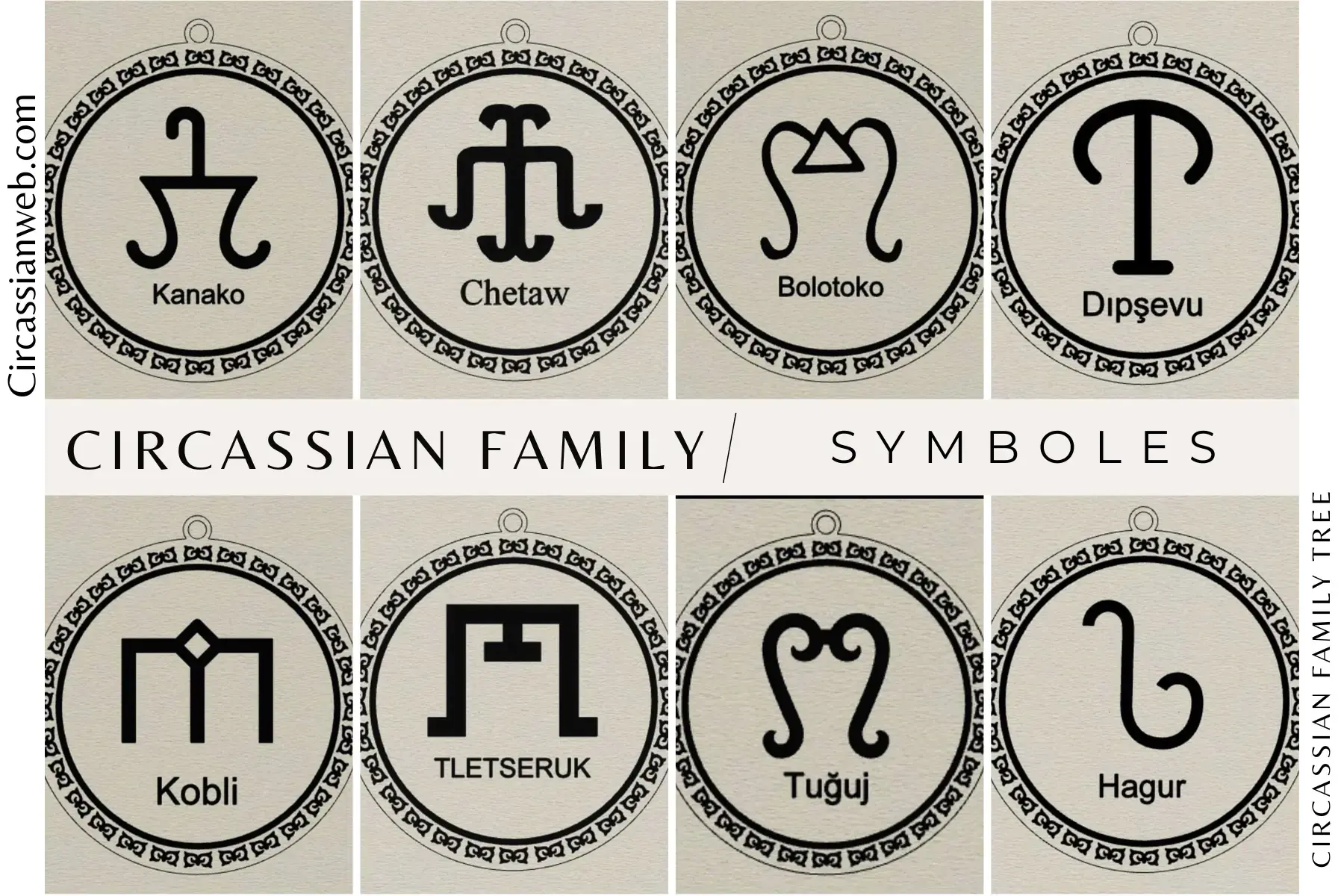Hayreddin Pasha of Tunis (The Circassian Knight) (English)
Hayreddin Pasha (Arabic: خير الدين باشا التونسي, Khair al-Din Pasha al-Tunsi, c.1822-1890) was an Ottoman politician who was born to a Circassian family , and became a Grand vizier of Ottoman Tunisia then a Grand vizier of the Ottoman Empire. He was a Ottoman Tunisian political reformer during a period of growing European ascendancy. He rose to become the chief minister of the state.
Of Circassian origin, Hayreddin was born in Abkhazia into "a family of warrior notables". His father Hassan Leffch, a local chieftain, died fighting against a Russian attack on the city of Sukhum. Thereafter as a young orphan Hayreddin was sold into slavery, then still a familiar event for Circassian youth. At Istanbul, however, he was eventually traded into a prestigious household, that of the notable Tahsin Bey, a Cypriot Ottoman who was the naqib al-ashraf (head of the Prophet's descendants) and qadi al-'askar (chief judge of the army) of Anatolia, and a poet.
Tahsin Bey moved the boy to his country palace at Kanlica near the Bosporus, where he became the childhood companion of the Bey's son for a span of years. Khayr al-Din received a "first-rate education" which included the Islamic curriculum, also the Turkish language, and perhaps French; yet he was not raised as a mamluk. Following "the son's tragic premature death" Khayr al-Din was again sold, in Istanbul by Tahsin Bey to an envoy of Ahmed Bey of Tunis. This new uprooting would obviously provoke emotional turmoil in Khayr al-Din, then about 17 years old. Soon he was on board a ship bound for Africa.
Circa 1840 Hayreddin became situated at the Bardo Palace, in the court of Ahmad Bey (r.1837-1855), as a mamluk bi-l-saraya [inner palace retainer]. He resumed his high-level studies, mainly at the Bardo Military Academy (al-maktab al-Harbi) a nearby institution newly established by the bey. A key part of his education now was learning to converse in Arabic, also acquaintance with French. At the Husaynid court he abilities were soon recognized; he became favored with the attention and trust of Ahmad Bey. He rose quickly in the elite cavalry, the nucleus of the bey's new army. Moreover, during the 1840s and 1850s he was sent by the Bay on several key diplomatic missions, e.g., to the Ottoman Porte at Istanbul, which was then pursuing its Tanzimat reforms, and to European capitals, including Paris. His political career thus began auspiciously under this famously modernizing ruler.
In 1846 he accompanied the bey, as part of small staff which included the influential advisor Bin Diyaf, during a two-month state visit to France. This trip was of a special cultural and political significant in that the orthodox bey traveled for an extended stay to a non-Islamic country in order to acquire familiarity with its modern methods of operation and governance. The trip "expanded the cultural space deemed acceptable for Muslim rulers." The French took care to show France to advantage; the small Tunisian party was well received by top government officials and leading private citizens. "Having traveled beyond the land of Islam, Ahmad Bey was blessed upon his return to Tunis by the grand mufti." In 1853 Hayreddin was elevated to the highest military grade, commander of the cavalry; he also then became an aide-de-camp of the bey. Yet shortly thereafter he was sent to Paris to arrange a loan for the bey's regime, but where instead he spend four years attempting to reclaim large sums embezzled by the notable Mahmud bin 'Ayyad, former head of the newly created national bank of Tunis, who with foresight had already secured French citizenship. During his years occupied with negotiations in Paris, Hayreddin also managed to browse libraries and bookshops, to improve his French, asking many questions, and to study European society, industry, and finance.
Because of the dire financial situation caused in part by the embezzlement of bin 'Ayyad, the bey's loan did not appear prudent to Hayreddin, according to Prof. Abun-Nasr. Nonetheless, the bey had stifled most political opposition to his financial schemes by long cultivation of the urban ulama and the rural tribal leaders. Due to Hayreddin's passive resistance, however, the loan was still being negotiated when Ahmed Bey died in 1855.






















